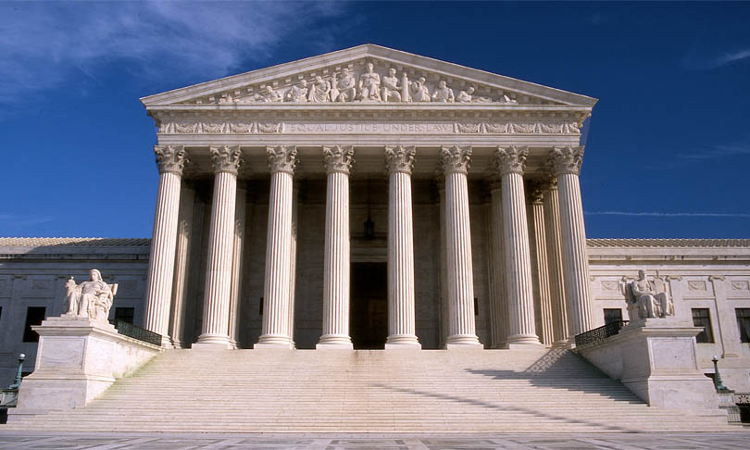The U.S. Supreme Court has temporarily allowed the US state of Idaho to enforce a ban on gender-affirming treatment for minors, pending further legal proceedings. The law, known as the Vulnerable Child Protection Act, prohibits medical professionals from providing gender-affirming care, including puberty blockers, hormones, and surgeries, to individuals under 18 years...

